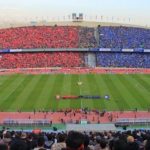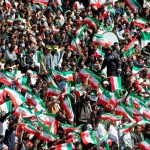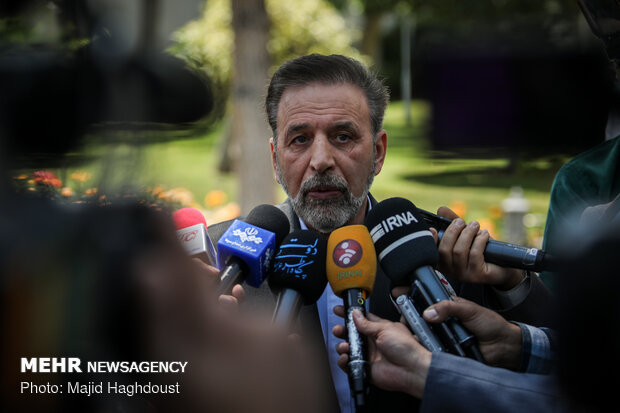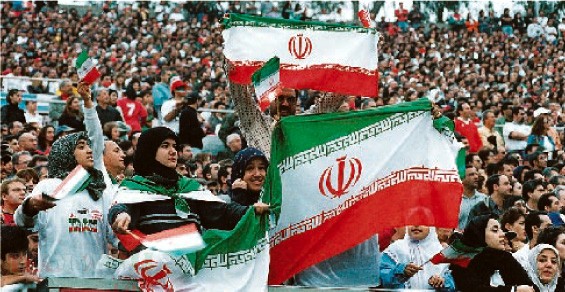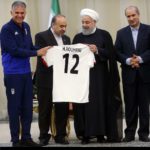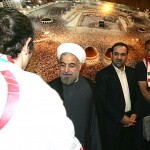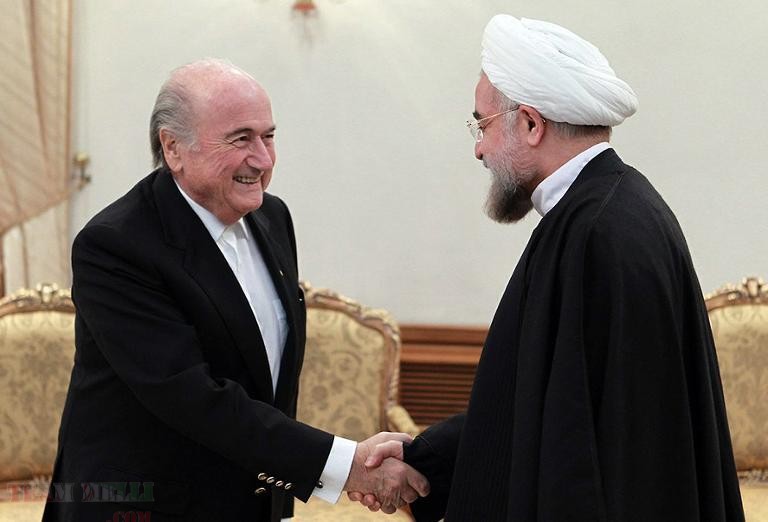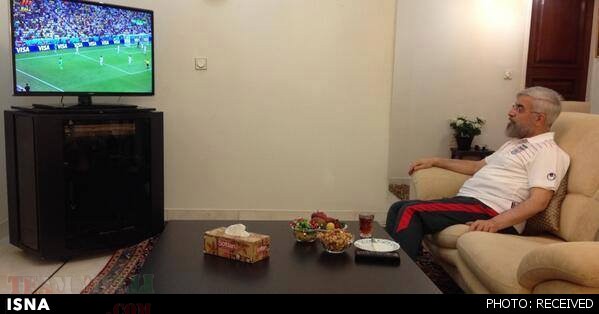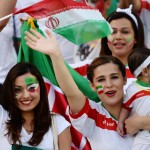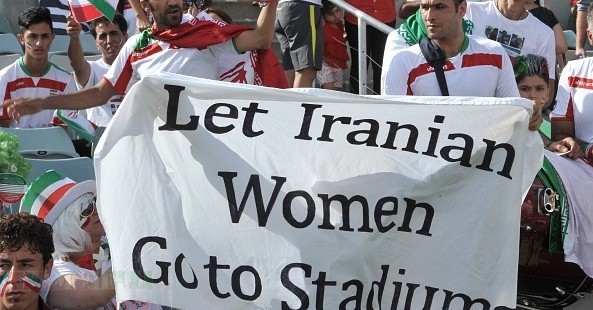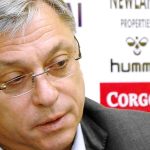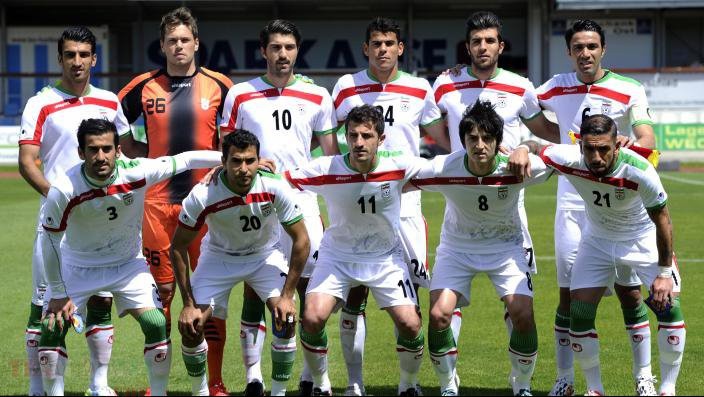For the last two decades, subsequent governments in Iran have promised that Persepolis and Esteghlal clubs will be privatized and handed over to the private sector.
The Privatization saga first started in the tenure of President Mohammed Khatami, however, he left without much progress on the issue. The next President, Ahmadinejad, a passionate football fan, was the most enthusiastic supporter of this project and many thought Persepolis and Esteghlal will finally escape from total government control and be run as a proper and professional sports club.
Ahmadinejad, left and like many of his projects, the clubs privatization never saw the light of the day. Hassan Rouhani, seen by many as a pragmatic and relatively liberal president took over. Like his predecessor, Rouhani was a strong football supporter who also liked to see the two most popular clubs privatized.
So far, what culminated from the government’s Privatization project is nothing but false promises and heartaches for the fans. Every now and then, the Ministry of youth and sports pops up with statements, further plans and more promises to keep the fans quiet. The timing that the authorities pick to talk about its Privatization project and normally coincides with periods of public discontent with the government and economy in Iran. Recently, Iran has experienced deadly countrywide protests against the authorities for huge increases in fuel prices.
The latest promise in this saga is the recent Youth and Sports statement of the transfer of the two stadiums (basically, training facilities) in Darfeshifar and Marghoubkar and their registration in the name of the two clubs Esteghlal and Persepolis.
ISNA quoting the Deputy Minister of Sport and Youth Affairs, Taghizadeh, said “this transfer has been the most effective privatization steps during this recent years,” He also added “Persepolis Club has carried out brand registration operations for forty-five brands with Corporate Registration Bureau and we are looking forward to the same step to be taken by Esteghlal”
“ So far we have held nineteen meetings with the managers of the Privatization Organization and Stock Exchange for the transfer of the two stadiums and the brand registration of Esteghlal and Persepolis clubs as assets. It has been the most effective privatization steps during this period. “
Taghizadeh said at the end: “The trademark registration is one of the most important programs of Privatization to the concerned organizations and so far Persepolis Club has successfully carried out brand registration operations.”
Iran’s bi-polar football where everything starts and ends with the two famous Tehran clubs. Persepolis and Esteghlal have been siphoning millions of dollars from government budgets since the revolution. The regime, being careful of the political sensitivity and the popularity of these two clubs hence their clear influence on the masses, have turned blind eyes on the amount of chronic corruption and mismanagement existing in these two clubs by executives and managers who are sanctioned and appointed by the government itself.

